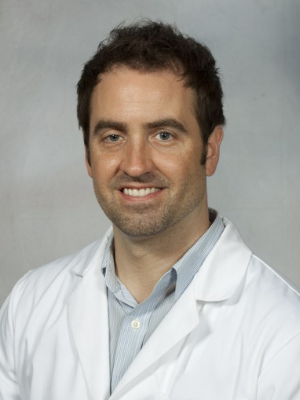Basic science researcher spotlight

Kevin Freeman, Ph.D.
Dr. Kevin Freeman gives insight on his experience and journey as a professor and behavioral pharmacologist specializing in substance abuse. He opens with “Starting the journey and choosing the forks in the road, most of it comes down to mentoring.” This journey for Freeman started in college working as a bartender and getting to know a psychopharmacology professor at Ole Miss. He would later join the professor's lab and continue to work there throughout the remainder of his undergraduate career. His postdoctoral mentor, Bill Wolverton, shaped his trajectory towards addiction research. Freeman states, “It’s who you train with that forms the architecture of your path.” His goal is to create new pain medications that do not acquire the addictive potential of prescription opioids. To accomplish this goal, Freeman collaborates with chemists to create new kinds of opioids in hopes of finding a novel opioid that will decrease pain while counteracting the effects that are associated with addiction. These studies are conducted with non-human primates that perform complex cognitive tests. For example, they have the option to press a lever to receive either a fruity pellet treat or an IV injection of oxycodone. When these primates choose drug injections over food, it mirrors behaviors often seen in chronic opioid users. As part of Dr. Freeman’s research, oxycodone is combined with other molecules and formulated into a pill. The oxycodone functions to decrease pain, but the other compounds within the pill work opposingly in the brain against feelings of high. The objective is for people to take the drug without feeling the addictive effect. Animals that are given this new combination medication more often choose the fruity treat, demonstrating the opioid’s diminished addictive potential. The hope is that providers can someday prescribe these new products to patients without worrying about them developing addictive behaviors. Freeman is now the program chair as well as a member of the board of directors for the College on Problems of Drug Dependence. He believes that good mentoring got him where he is today. He states, “I am one of the few lucky people who had a strong sweep of good mentors.”


